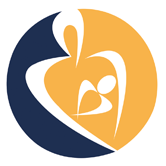Nominations for Position: President Elect
Maureen Groer (USA)
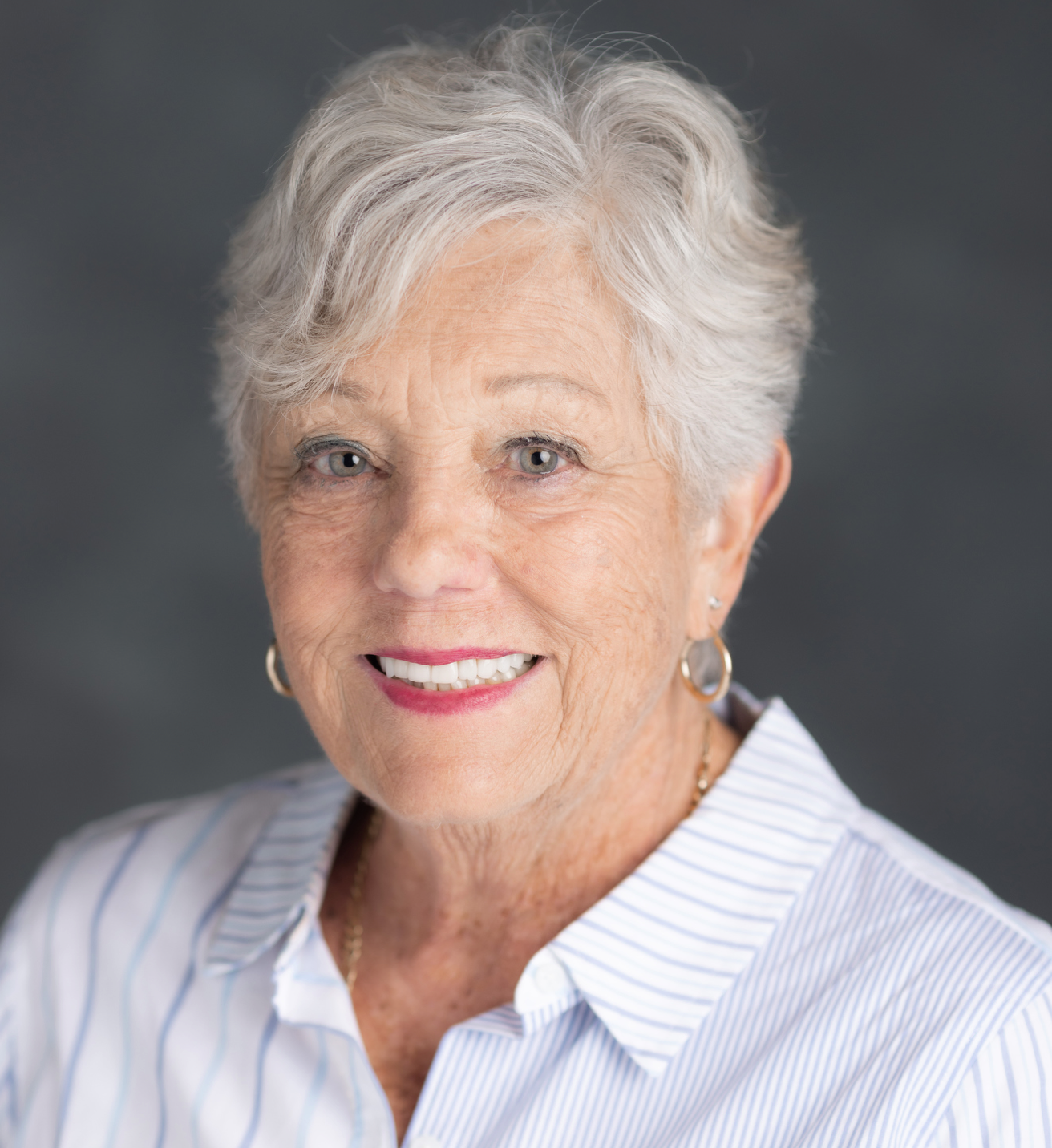
University of Tennessee
The new strategic plan developed by the executive committee has strategic goals and priorities that I fully endorse. As we enter a phase of science dominated by the new analytical approaches offered by AI, the information available to us as scientists, thought leaders, administrators and practitioners will grow exponentially. Our organization can be at the forefront of this revolution based on our goals of discovery. knowledge sharing, inclusive and supportive scholarly international community and organizational sustainability. My major goal as president is to grow a larger and more diverse membership. I believe that there are many individuals who have interests in human milk and breastfeeding but are not aware of all that we do in the organization to promote and nourish the field. We are at a time when NIH has finally paid attention to the remarkable aspects of human milk and breastfeeding and calls for proposals have recently occurred. New centers have been developed and journals have increasing interests in the science of lactation and human milk. More attention to this area in academic curricula is lagging behind the scientific advances, so fostering education also a personal and professional goal of mine. Developing graduate programs in human milk and lactation science is something our organization should support. Reaching out to young scholars though our conferences, web page, and scholarships is necessary to prepare the next generation. Working with the executive committee and our dedicated membership, I believe that I can bring experience, leadership, and passion to the strategic goals of ISRHML.
I have been a member of ISRHML for many years and have served a term on the executive committee. I also served for many years on the United States Breastfeeding committee and am a member of the Expert Panel on Breastfeeding of the American Academy of Nursing. I am also a member of the Editorial Board of the Journal of Human Lactation. I have been to many ISRHML meetings where I have presented my various research studies on milk biology and lactation physiology. My background is as a nurse physiologist and academic scientist for over 40 years. I have been a program head, associate dean, and president of a small graduate college, but my great love has always been science and research. I was funded for over 20 years by NIH on projects that focused on women and children, and almost all projects had breastfeeding or maternal physiology as essential components. I have over 150 referred journal publications and I was elected a distinguished university professor at the University of South Florida, where I worked for 17 years. I recently joined the University of Tennessee, Knoxville as a research professor, with a major goal of developing scientific activities, and mentoring junior faculty.
Tricia Johnson (USA)
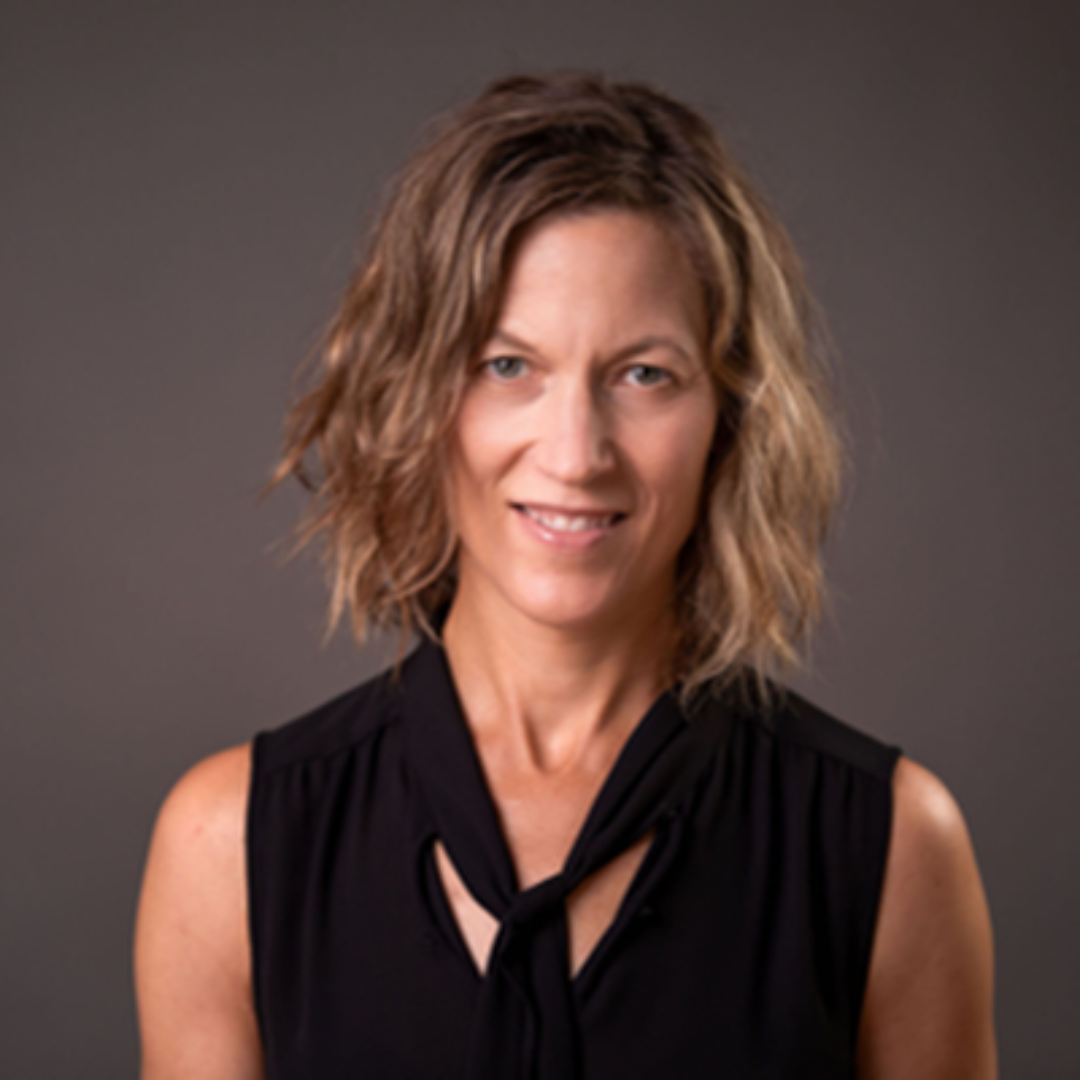
Rush University
As a long-term ISRHML member with a primary research focus in the economics of human milk provision and feeding in at-risk infants, I would be honored to serve as President-Elect and President of ISRHML. To this role, I would bring strong research expertise in the field and a demonstrated commitment to mentoring the next generation scientists and clinician researchers, having often served as the senior human milk feeding economist for dissertations, post-doctoral and early career awards. Additionally, I have spent the last decade of my career in developing, implementing, and evaluating strategic initiatives to advance interorganizational and multi-sector collaborations aimed at advancing health equity, which has provided me with strong leadership, strategic planning and organizational skills. As President-Elect and President, I would work with the Officers and Executive Committee to develop and implement high-impact strategic and operational initiatives that advance ISRHML’s strategic plan. I am committed to ensuring that ISRHML remains the premier global research society for human milk and lactation research, and I will prioritize robust membership outreach as well as disseminating the value of ISRHML membership to continue expanding Society membership. A personal priority would be to expand global membership and career development opportunities within ISRHML. Examples include (i) proactive sharing of job opportunities across the Society’s members, (ii) exploring new workshop topics to support trainees and members broadly that complement current initiatives (e.g., development of a program of research, intervention development, and integrating economics with basic and translational science research), (iii) facilitating regional or topical workshops that complement the biennial conference and bring together members from across the world and across disciplines and interests to advance science in new ways, and (iv) developing health economic research opportunities and collaborations within the Trainee Interest Group and across members overall. My leadership and management expertise would enable me to work with the ISRHML Officers and Executive Committee to continue building inclusive, collaborative, and diverse global opportunities to exchange ideas, foster professional development and advance science, including broad dissemination that can inform economic and public policies related to human milk, lactation, and breastfeeding across the world. I have been a member of ISRHML since 2012 and am passionate about ISRHML’s mission and its focus on interdisciplinary research in human milk and lactation. I would dedicate the time and effort required to be a productive and collaborative Officer of the Executive Committee as President-Elect and President and would provide leadership to accomplish the society’s goals.
I am one of the few human milk economists in the world with interests that intersect human milk provision, economic outcomes, and policy application, with an emphasis on at-risk infants in the neonatal intensive care unit (NICU). I have authored over 100 refereed papers, including 18 on these topics, and have partnered with Dr. Paula Meier and Dr. Aloka Patel since 2006 on multiple externally funded studies related to the economic implications of mother’s own milk (MOM) for very preterm and very low birth weight infants. I currently serve as multiple principal investigator (with Aloka Patel) on two US federally-funded studies that test the effectiveness and cost-effectiveness of a randomized intervention aimed at mitigating economic barriers to MOM provision for mothers of very preterm infants in the NICU. In addition to these NIH-funded studies, I have expanded my current research in two related areas; (1) to understand the roles of paid and unpaid work and other social needs in decisions about MOM provision for mothers of preterm infants, and (2) to advance the science of secretory activation by richly exploring the economic implications of translation into practice. All of these studies have incorporated multiple opportunities for early careerist scholars and trainees, especially those from underrepresented backgrounds, to develop skills that are essential to the transition to independent investigator. I have benefited from outstanding mentorship throughout my career, and a personal priority would be to expand global membership and career development opportunities within ISRHML.
I have assumed multiple leadership roles over the past two decades where I have developed and implemented high-impact strategic initiatives and created strong interdisciplinary and inter-organization collaborations. I was chairperson (now Past Chairperson) of the Nutrition Economics Special Interest Group within the International Society of Pharmacoeconomics and Outcomes Research, with the goal of convening researchers at the intersection of nutrition and economic outcomes. In my position as Professor of Economics in the Department of Health Systems Management at Rush University, I have served as a leader in organizational efforts to advance diversity and inclusion in research and career development, first as the executive director of a public-private partnership to strengthen and diversify the health care workforce in underserved communities, and now as the co-chairperson of research of the Rush BMO Institute for Health Equity (RBIHE; funded by BMO Financial Group). Within this latter initiative, I have launched and now oversee a health equity scholars program for early and mid-career clinician-scientists and researchers. With my leadership experience, research expertise and commitment to mentoring, I am well-positioned to support ISRHML by (i) connecting members across disciplines, interests and geography to create new science and share discoveries, (ii) supporting trainees and early career researchers to accelerate the establishment of their programs of research, (iii) continuing to cultivate an inclusive environment that increase collaborations across the world, and (iv) sharing information to accelerate the translation of research findings into practice.
Nominations for Position: Secretary
Janet Williams (USA)
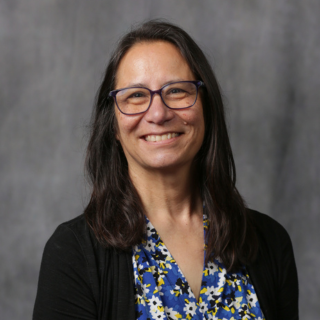
University of Idaho
I am excited for the opportunity to continue serving the society as Secretary. ISRHML has played an important part in helping me to connect with other researchers and to stay informed and up to date on current research on human milk and lactation. I believe our society can and does have an impact on the lives of researchers at all professional levels. I will continue to actively work together with the rest of the executive committee and the membership to make ISRHML a thriving global society and a society that is actively engaged in sharing and presenting human milk and lactation research through a variety of mechanisms to the existing membership, to the public, and to other organizations. Included in those mechanisms are the ISRHML newsletter (which is now being led by co-editors Dr. Carrie-Ellen Briere and Adrianna Greco), the website (we are now in the process of adding content to the website so it stays current), maintaining a social media presence (the Social Media committee is chaired by Dr. Laura Galante), and webinars. Webinars provide a great platform to disseminate and share research across a broad audience. The TIG continue to do a great job in holding webinars, and it’s time to relaunch regional and/or general webinars for the membership at-large. This will be one of my primary goals especially in the next year. There are many things moving forward in ISRHML and it's exciting to see! I look forward to serving, engaging with members, and offering my enthusiasm, creativity, energy, and input to our society, and if elected, I will continue to do my best to fulfill the duties of secretary.
I am a Senior Research Scientist in the Department of Animal, Veterinary and Food Sciences at the University of Idaho, Moscow, ID, USA. I was trained in animal science (BS and MS, Oklahoma State University, 1985 and 1987, respectively) and in bioinformatics and computational biology (PhD, University of Idaho, 2016). I have been working in the fields of nutrition, lactation biology, and milk research for over 20 years. My research focuses on understanding better the factors and mechanisms that influence milk composition and how milk composition is related to or impacts maternal, offspring, and human health.
I am especially interested in exploring and elucidating host-microbe interactions and investigating how genetic variation affects milk composition and production. I have been a member of ISRHML since 2012, starting first as an associate member. When I returned to graduate school and when the ISRHML trainee interest group (TIG) was formed, I served on the first TIG governing board and was the 2nd TIG President (2017-2019). After transitioning to a full member, I have served as the ISRHML Newsletter co-editor (2021-2023) and was appointed as Secretary in February 2023 to complete the term of Dr. Sela who had stepped down.
Nominations for Position: Councilor (3 positions available)
Meghan Azad (Canada)
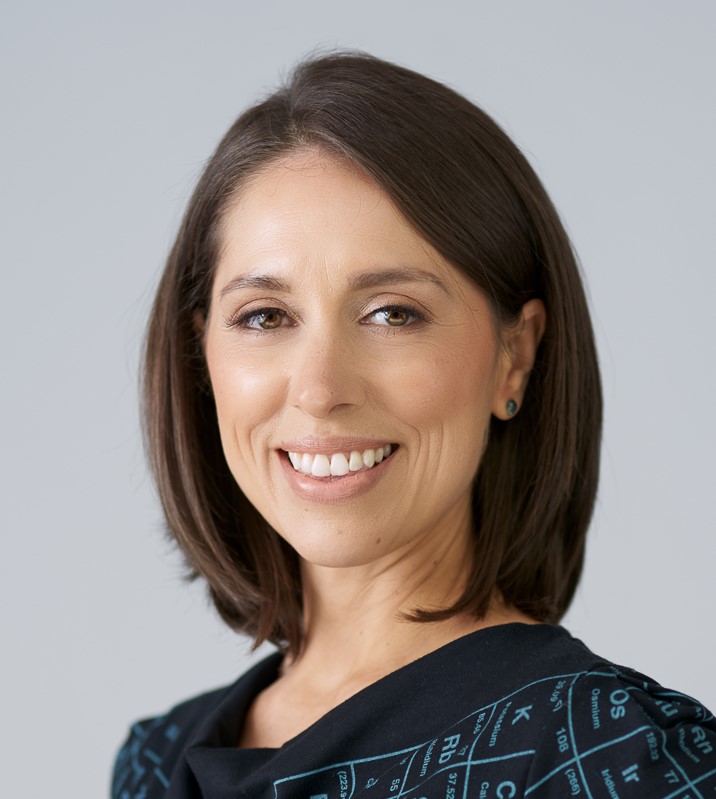
University of Manitoba
I have been an active member of ISRHML since 2014 when I established my lab at the University of Manitoba, where my research focuses on infant feeding and human milk composition (see biosketch for details). I served as ISRHML secretary from 2018-2021 and TIG Advisor from 2021-2023. In these roles, I helped advance ISRHML’s social media presence and policies, and contributed to developing and implementing the ISRHML Trainee Expansion Program. I have learned and benefitted so much from the ISRHML community – from establishing collaborations and identifying mentors, to recruiting trainees and learning new techniques. I have sent and hosted trainees in the TEP program, and attended every ISRHML conference since joining the society. Outside of ISRHML I have served in several other capacities to advance human milk and lactation research – including co-hosting an international workshop on Breastfeeding and the Origins of Health (2019), serving on a Breastfeeding Ecology: Genesis of Infant Nutrition working group (2021-22), and serving on the Advisory Board to the Canadian Breastfeeding Research Network (ongoing). I am keen to re-join the ISRHML Executive Council for a new term, and look forward to further serving this very special international community of human milk and lactation researchers!
Dr. Azad is a Professor of Pediatrics and Child Health at the University of Manitoba, where she holds a Tier 2 Canada Research Chair in Early Life Nutrition and the Developmental Origins of Health and Disease. Her research program is focused on the role of infant nutrition and the microbiome in child growth, development and resilience. Dr. Azad co-Directs the Manitoba Interdisciplinary Lactation Centre (MILC, www.milcresearch.com) and leads the International Milk Composition (IMiC) Consortium. She serves as Deputy Director of the CHILD Cohort Study, a national pregnancy cohort following 3500 children to understand how early life experiences shape lifelong health. Research in Dr. Azad’s THRiVE Discovery Lab (www.thrivediscovery.ca) is funded by the Canadian Institutes of Health Research, the US National Institutes of Health, the Canada Foundation for Innovation, and the Bill and Melinda Gates Foundation. Dr. Azad has previously served on the ISRHML Executive Council and currently serves on the joint US/Canada Human Milk Composition Initiative. Dr. Azad is a Fellow of the CIFAR Humans and the Microbiome Program and an elected member of the Royal Society of Canada College of New Scholars. She received the ISRHML Ehrlich-Koldovsky Early Career Investigator Award (2018) and the International Human Milk Genomics Mid-Career Investigator Award (2020). She was named among the WXN Canada Top 100 Most Powerful Women (2020) and Canada’s Top 40 Under 40 (2021), and received the prestigious Steacie Award for Research in the Natural Sciences in Canada (2023).
Kristin Elgersma (USA)
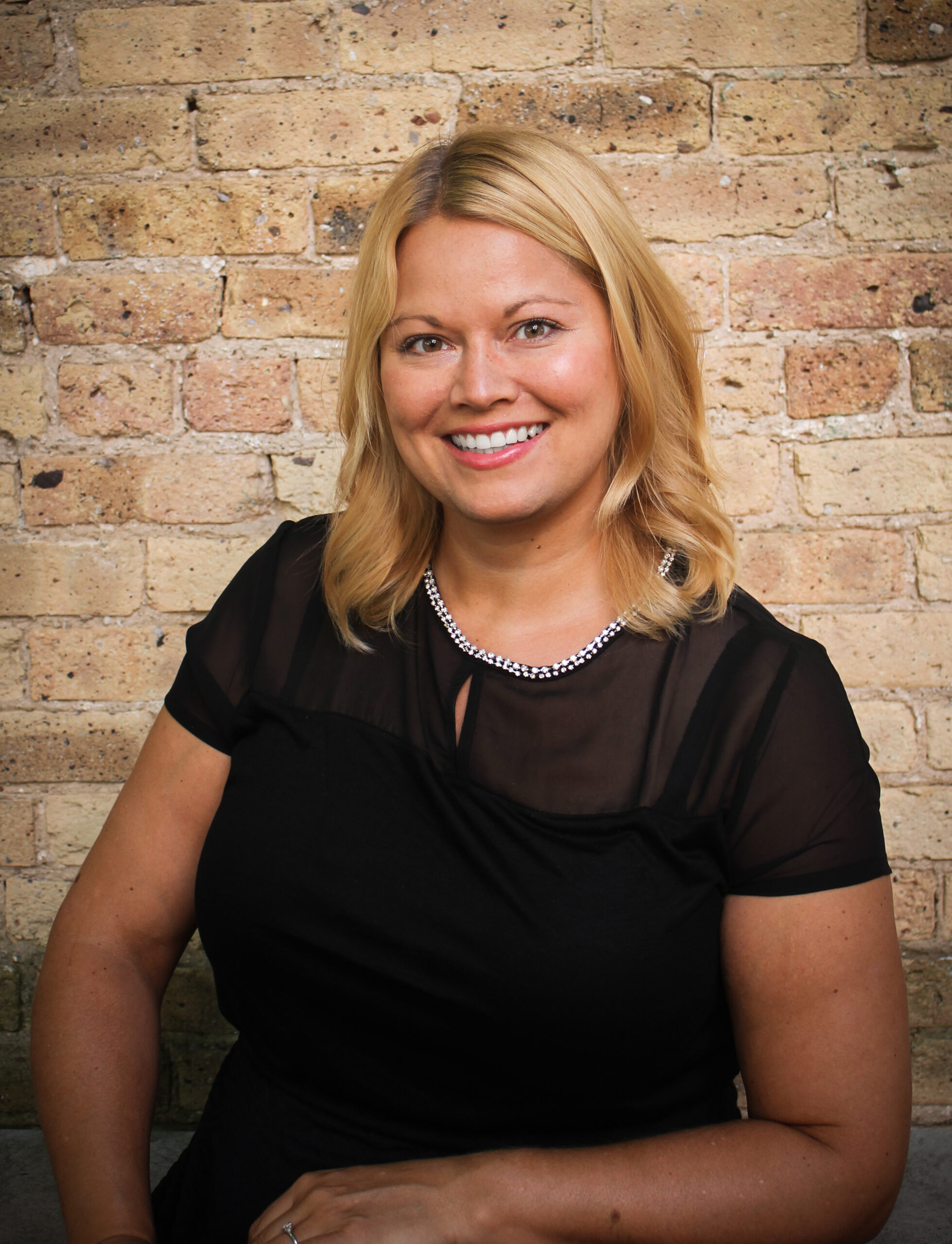
University of Minnesota
I am honored to be nominated for a Councilor position on the Executive Committee of the International Society for Research in Human Milk and Lactation. I have been an active ISRHML member since 2021, and have served as the Secretary of the Trainee Interest Group for the past two years. I have consistently benefitted from the fantastic programming and learning opportunities available through ISRHML. As a member of the Executive Committee, I would be particularly invested in facilitating the continuation of high-quality events to advance science through society-wide collaboration and research dissemination; for example, through the biennial scientific meeting. Additionally, I would enthusiastically support trainee mentoring and work to foster opportunities for research collaborations with members of the Trainee Interest Group, who represent the future of human milk and lactation research.
Currently, I am an Assistant Professor in the University of Minnesota (UMN) School of Nursing. My research focuses on human milk and lactation for infants with critical congenital heart disease (CCHD), an extremely vulnerable, understudied population with very low rates of human milk and direct breast/chestfeeding. I hold previous masters and doctoral degrees in piano performance and worked in an academic music career for many years, through which I gained extensive leadership experience as a founder, director, and board member of several successful initiatives (for example, a university-associated community music school). However, I became interested in researching human milk and lactation for infants with CCHD due to my personal experience as a parent of a child born with cardiac disease. Since changing careers in 2017, my research has been funded both internally and externally by the National Institutes of Health (NIH). One of my key contributions to science involved the use of machine learning and rigorous statistical methods for causal inference to demonstrate, for the first time, substantial benefits of human milk and breastfeeding for infants with CCHD in a large, national cohort. My current work, supported by an NIH-funded internal K12 award, focuses on relationships among human milk, growth quality, inflammation, cardiac function, and neurodevelopment in CCHD populations. As one of few researchers focused on human milk and lactation for these critically-ill infants, I see many opportunities to foster interdisciplinary collaborations within ISRHML, to expand upon the excellent work by society members and translate findings to a new, vulnerable, neonatal population.
In sum, I am enthusiastic about advancing the ISRHML mission as a Councilor to the Executive Committee. I bring leadership experience and a personal passion to my work, and I would appreciate the opportunity to support high-quality human milk and lactation research through this position.
Anita Esquerra-Zwiers (USA)
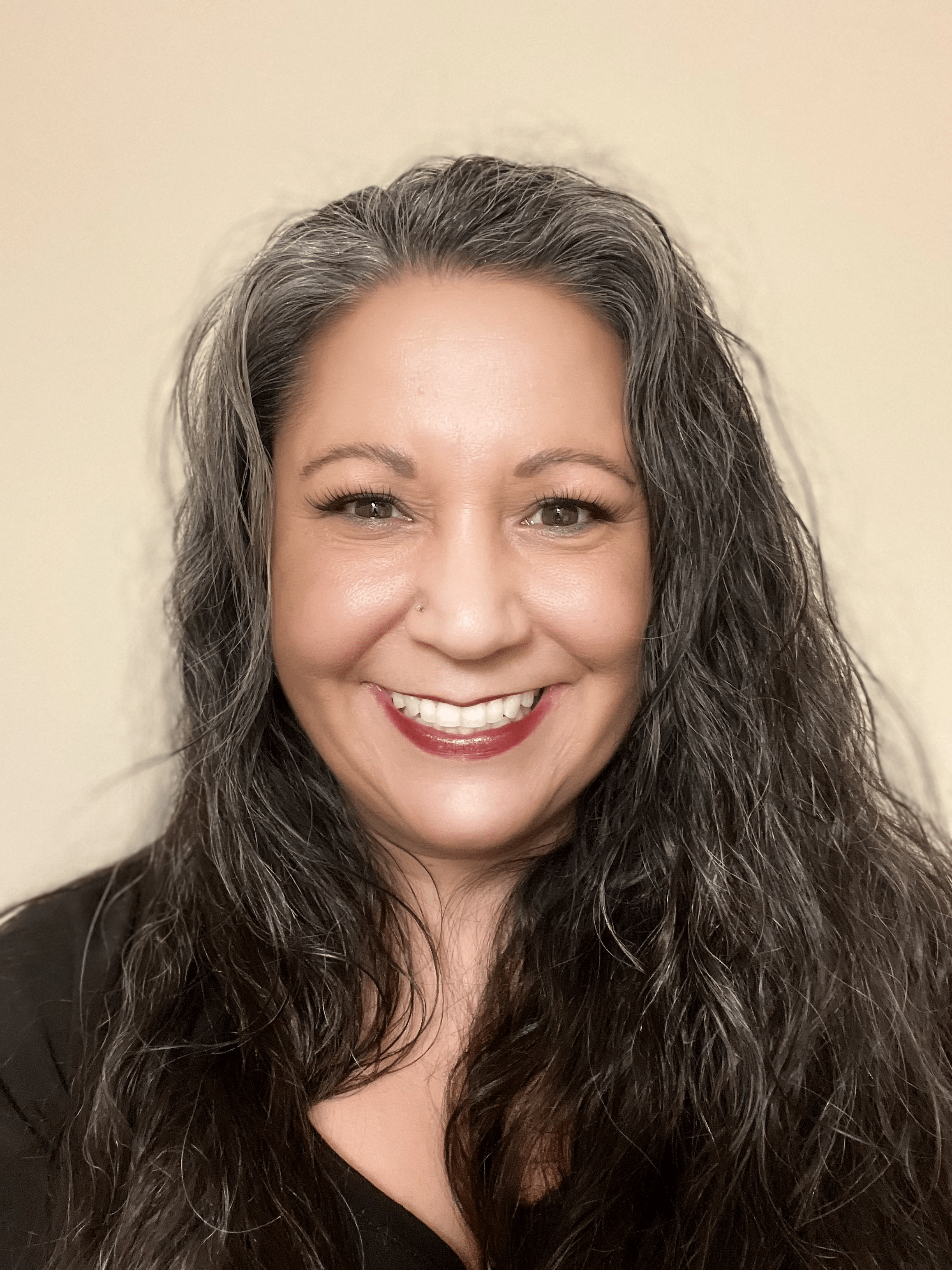
Hope College
Since becoming an associate member of ISRHML in 2012 during my PhD training, I have been an active member of the society. In 2016, I was invited to join the Trainee Interest Group as a founding board member and served as the inaugural TIG Mentorship Webinar Coordinator. As a TIG leader, I learned more about and benefited from the society’s passion for preparing the next generation of human milk scientists. With this experience, I have continued to mentor undergraduate nursing, premedical, and global health students, exposing them to ISRHML and the wide range of research disciplines in human milk and lactation. Some of my mentees have encouraged me to seek new areas of milk research outside my area of milk biomarkers and lactation. After securing my faculty appointment at Hope College, I stepped into the role of TIG advisor in 2023. I am confident that my documented involvement in and commitment to ISRHML and my leadership training will equip me to serve ISRHML as an executive council member to promote excellence in research on all aspects of human lactation.
I have 24 years of experience caring for childbearing women and newborn infants. My research experience as a primary and co-investigator spans healthcare and academia. In my early research career, I worked collaboratively with Rush Univerisity Mother’s Milk Club and neonatal intensive care unit identifying donor human milk’s impact on preterm mothers’ experiences and human milk feeding outcomes. In 2017, I created my research team, Mother’s Milk for Michigan Infants, to explore personal, social, and perceived behavioral control, intentions, milk biomarkers, and biological factors associated with perceived insufficient and impaired milk volume. Early in my career, I benefited from the FLRF Trainee Travel Fund by completing training in human milk biochemistry, metabolomics, feeding, and milk removal at The University of Western Australia under the mentorship of Dr. Donna Geddes and Dr. Ching Tat Lai. My current research uses ion-selective electrodes to assess milk biomarkers to identify secretory activation and support lactation interventions to improve the duration and exclusivity of lactation among low-income populations. I am enrolling participants in a funded extensive quasi-experimental multifaceted intervention (smartphone application, lactation provider precision protocols, and weekly phone calls) to improve lactation and maternal and infant health outcomes among low-income families.
Besides my research, I am an associate professor with over 15 years of teaching experience in practicum and lecture courses in nursing and global health. Last year, I was granted a year’s sabbatical for 2023-2024 as part of my tenure and promotion. During my sabbatical, I am building my leadership and research portfolio. My leadership training includes the American Association of Colleges and Universities PKAL STEM Leadership Institute and the American Association of Colleges of Nursing Diversity Leadership Training. I am also building my data analytics, machine learning, and artificial intelligence skills with a traineeship with the AIM-AHEAD All of Us Training Program. This training program will provide me with the skills needed to independently analyze the data from my large interventional study, milk microbiome research, and future analysis with DNA and milk biomarker data.
Adwoa Gyamfi (Ghana)
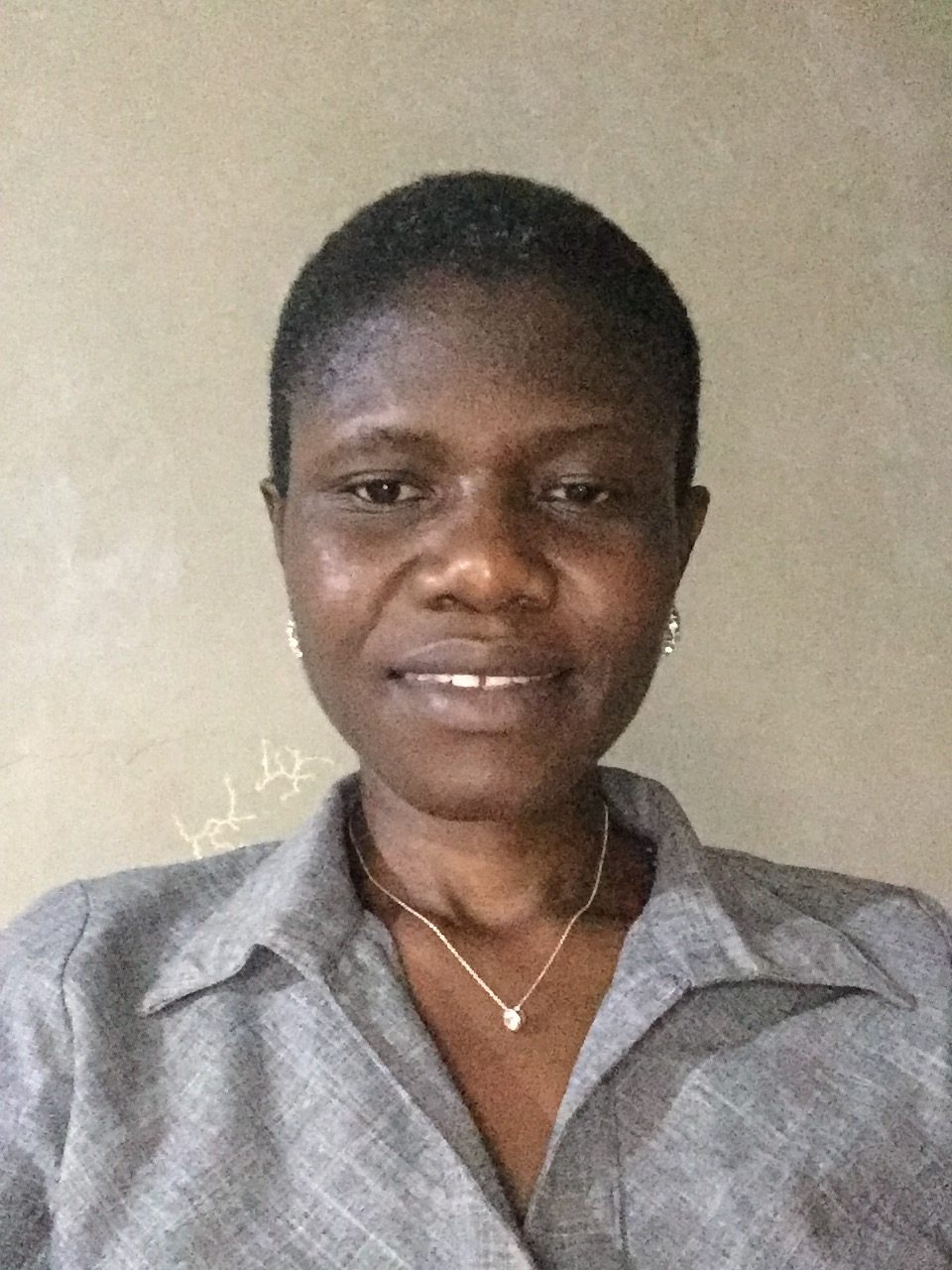
Kwame Nkrumah University of Science and Technology
I am a Ghanaian with a keen interest in promoting maternal and child health through human milk and lactation research within minority populations and resource-limited environments. My interest in promoting lactation research started in rural Ghana in 2004 during my practice as a Registered Nurse in a rural hospital. During the decade of clinical practice, I supported exclusive breastfeeding efforts of women who opted to do so. Beginning in 2015 to date, I have helped in training hundreds of nurses and midwives to promote breastfeeding in Ghana. First as a Principal Health Tutor at the St. Michael’s Nursing and Midwifery Training College (2015-2022), and the Kwame Nkrumah University of Science and Technology (2022-Date). These efforts have contributed to the promotion of maternal and child health and will positively impact global exclusive breastfeeding targets of at least 50% by 2025 as projected by the World Health Organization. Additionally, during my doctoral training in the United States (2019-2022), I worked closely with the African American communities in the New England region to promote exclusive breastfeeding. In 2020, one of my doctoral committee members who is an ISRHML member introduced me to the society. Since then, I have enjoyed this journey and sought opportunities to contribute to promoting the field of human milk and lactation research. An opportunity to serve our esteemed society will be an excellent, effective and welcoming platform to support human milk and lactation research in the African sub-region and the world. Additionally, my current role as a nursing lecturer at the Kwame Nkrumah University of Science and Technology offers me the opportunity to help mentor the next generation of nurse scientists and midwives with an interest in human milk and lactation research.
By December 2004 I had graduated as a Registered General Nurse (Diploma) from the Nursing and Midwifery Training College, Agogo, Ghana. Subsequently, I served as a clinician at the Agogo Presbyterian Hospital. In July 2008, I completed a Top in Nursing Programme at the University of Ghana. My BSc. in Nursing degree was obtained in June 2011 from the Kwame Nkrumah University of Science and Technology (KNUST), Ghana. Again, in June 2016, I returned to KNUST to earn a Master of Public Health degree. In May 2017, I completed a postgraduate degree in Education from the University of Education, Ghana. Between 2019 and 2022, I acquired a postgraduate degree in Clinical Genetics and Genomics (May 2021) as well as a PhD Nursing (May 2022) from the University of Connecticut (UCONN), United States of America. Immediately after the doctoral degree, I started a postdoctoral fellowship at the University of Ghana, School of Public Health. I have won several grants and scholarships including the Family Larsson-Rosenquist Foundation Trainee Expansion Program, 2021 ISRHML Trainee Bridge Fund; Fogarty International Grants; PEO International Peace Scholarship; Margaret McNamara Education Grant, US-Canada Program; and Carolyn Ladd Widmer Award (UCONN).
Nina Juntereal (USA)
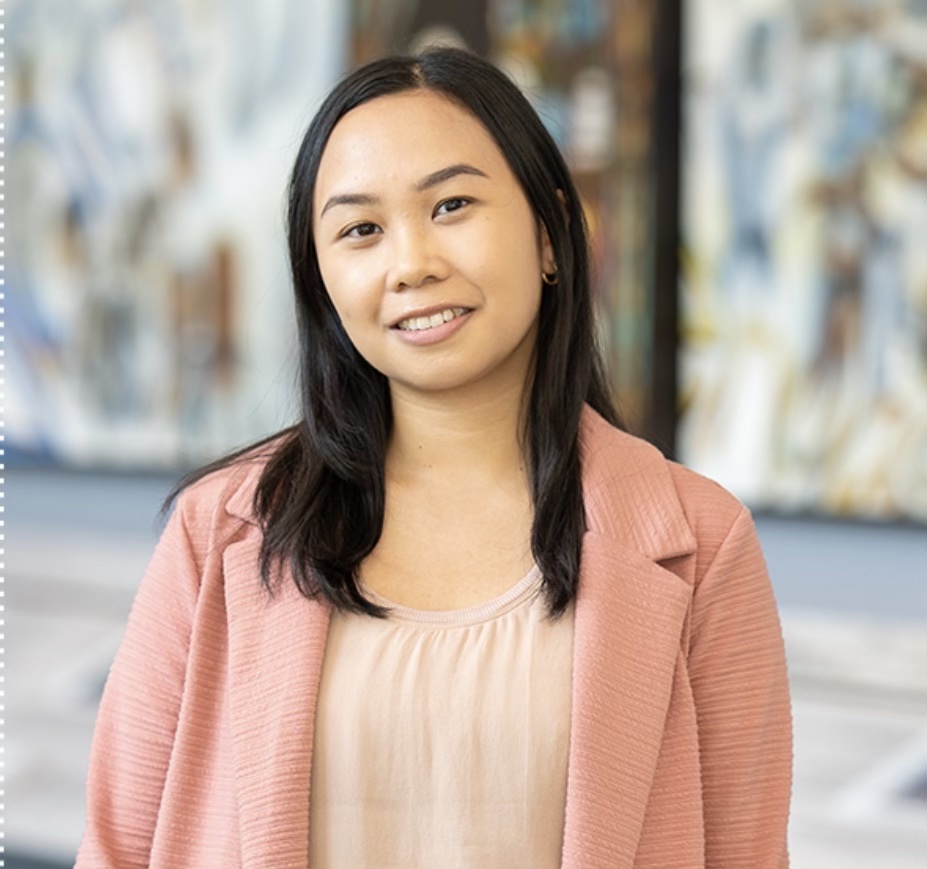
University of Pennsylvania
I have been a member of ISRHML since 2020 and was elected as the Social Media & Communications Chair for the Trainee Interest Group Governing Committee from 2021 to 2023. I have actively contributed to the Social Media Committee and ISRHML at large by leading social media programming and initiatives including the Google Scholar Notifications Initiative to highlight trainee accomplishments and collaborated with ISRHML executive committee and staff to advertise ISRHML and TIG sponsored activities and events. I have developed social media strategies including the #ISRHMLTrainee hashtag to increase TIG online engagement and supported planning and organization to launch the Interviews of the Experts 2.0 Project. In 2021, I received the Trainee Expansion Program Trainee Travel Fund grant and worked alongside Dr. Donna Geddes and her team at the University of Western Australia. I am eager to contribute as an early career scholar to support the transition and continued involvement of trainees as full ISRHML members. I believe interdisciplinary networking and collaboration are key drivers to the growth and longevity of ISRHML, and I aim to assist in streamlining operations across the Society and diversifying recruitment and geographic activities. I value the time, effort, and contributions provided to the Society and hope to establish a formal appreciation initiative to celebrate all volunteers, staff, and members of ISRHML. My experiences as a TIG Governing Committee member as well as my enthusiasm to contribute position me as a qualified candidate for this role.
Nina Juntereal is a lecturer at the University of Pennsylvania. Nina obtained her BSN and PhD in Nursing with a minor in Nutrition from Penn. Her program of research focuses on antenatal milk expression, known as hand expression of colostrum during the late third trimester of pregnancy and lactation related outcomes of diverse childbearing families and critically-ill infants. Her most recent work involved measurement of milk production and biochemical markers of secretory activation. Nina plans to expand her research portfolio by investigating ion selective electrodes as a nursing driven intervention for lactation management. She received the Margaret Comerford Freda March of Dimes Graduate Nursing Scholarship Award. Nina was a 2023 Editorial Fellow for MCN: The American Journal of Maternal/Child Nursing.
Ryan Pace (USA)
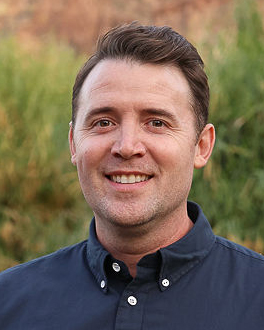
University of South Florida
I joined the International Society for Research in Human Milk and Lactation (ISRHML) in 2019. Since joining ISRHML I have been an active and enthusiastic member and promoter of the society. My first volunteer role in the society was serving as a social media committee volunteer. In 2021, I had the privilege to serve on the society’s strategic steering committee led by Dr. Sharon Donovan and helped define our society’s mission, vision, and set of core values, as well as set goals and priorities for the next 5 years. In addition, I have also served on the membership committee as a regular member and chair. I currently serve as the chair of the newly formed diversity, equity, and inclusivity committee that is exploring ways and establishing guidelines to ensure ISRHML is a diverse and inclusive society and is creating opportunities for the growth of our members in many ways. I believe ISRHML serves a critical role in keeping our community of human milk and lactation experts and allies connected and informed. I experienced this firsthand during the onset of the COVID-19 pandemic when the society acted as a conduit for members to quickly come together and develop and disseminate the first instructions for safely collecting human milk for research. As an executive councilor, one of my main goals is to advocate for opportunities that will enable our members and society to continue to share knowledge, grow, and flourish across the globe. Relatedly, I know how important it is that our biennial meetings are a success and accessible to our membership and I look forward to assisting the executive committee achieve this. Further, I will look for ways that ISRHML can facilitate satellite meetings or symposia to occur in years without a biennial meeting and that we ultimately stay on track to meet our strategic goals. I know that ISRHML has played a pivotal role in my life and that of others, and I am excited for the chance to pay it forward and continue to contribute to its mission and future directions as an executive councilor.
I am an Assistant Professor at the University of South Florida in the College of Nursing. I earned a PhD and Bachelor of Science in molecular and cellular biology from the University of Arizona. Prior to joining the University of South Florida, I completed a postdoctoral fellowship in microbiome science and human milk/lactation at the University of Idaho under the mentorship of Drs. Michelle (Shelley) and Mark McGuire; and a postdoctoral fellowship in microbiome science in the Department of Obstetrics and Gynecology at Baylor College of Medicine. My research seeks to further our understanding of the relationships and mechanisms by which maternal infant health both promotes and is influenced by the microbiome in the first 1,000 days of life, with a specific interest in how lactation and human milk composition modify these processes. This interdisciplinary research has led to novel insights into diverse aspects of maternal-infant health, including relationships among maternal diet, milk composition, and maternal/infant microbiomes; immunological benefits of milk to infants during COVID-19; and evaluation of predictive milk biomarkers of mastitis risk.
Jonathan Seigel (USA)
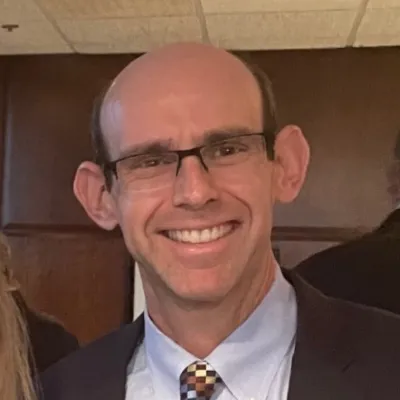
WakeMed Health and Hospitals in Raleigh
Thank you for considering my candidacy for one of the Councilor positions on the International Society for Research in Human Milk and Lactation Executive Committee. My decision to run for this position is based on my interest in the use of human milk in the Neonatal Intensive Care Unit and at the recommendation of two trusted ISRHML colleagues. During my neonatal-perinatal fellowship training, I became involved in human milk research and was fortunate to be able to present my project and attend the 16th International Conference in Trieste, Italy. During my training and research time in fellowship, I became fascinated with the impact human milk has on neonatal morbidity, mortality, and outcomes. I have continued to foster this interest and passion in my clinical job at WakeMed through my involvement in ISRHML and serving as the medical director of the WakeMed Mothers’ Milk bank for 6 years. I believe that my experiences, knowledge gained, and connections through ISRHML have helped me be a more informed and effective medical director of the milk bank. Since joining the society in 2012, I have attended the conferences in Trieste, Kiawah Island, Stellenbosch, Kanagawa, and Panama City. During these meetings, I met and learned from numerous scientists, clinicians, and experts in the field of human milk. I am frequently amazed how the basic science, translational, and clinical research presented at each meeting is applicable to my clinical practice. The knowledge gained from these conferences has directly impacted the care I provide to my patients. It has been rewarding to learn from the experts at ISRHML, disseminate knowledge, and impact practice and patient care in my unit. If elected to the ISRHML Executive Committee, I look forward to collaborating with the other members of the committee to continue to support research endeavors in the various areas of human milk and lactation (basic science, translational, and clinical). I would also like to work with the committee and the society’s membership to foster the growth of the society by expanding the membership of researchers and clinicians that have a special interest in human milk to grow the society, expand the body of literature related to human milk, and increase the impact the society has on patients around the world.
Dr. Jonathan Seigel is a Neonatologist at WakeMed Heath and Hospitals in Raleigh, North Carolina. Jonathan completed his pediatric residency at the University of North Carolina-Chapel Hill and neonatal-perinatal fellowship at Duke University after completing medical school at the University of Missouri-Columbia. He also earned a Master of Management in Clinical Informatics from the Fuqua School of Business at Duke University. Jonathan is a board-certified pediatrician, neonatologist, and clinical informaticist. He currently serves as a Neonatologist and Associate Chief Medical Information Officer at WakeMed Health and Hospitals. In addition to his clinical and informatics work, Jonathan participates in quality improvement work and research in the neonatal intensive care unit. Jonathan’s diverse interests include the impact of human milk on neonatal morbidities, clinical decision support, and documentation efficiency.
Aleksandra Wesolowska (Poland)
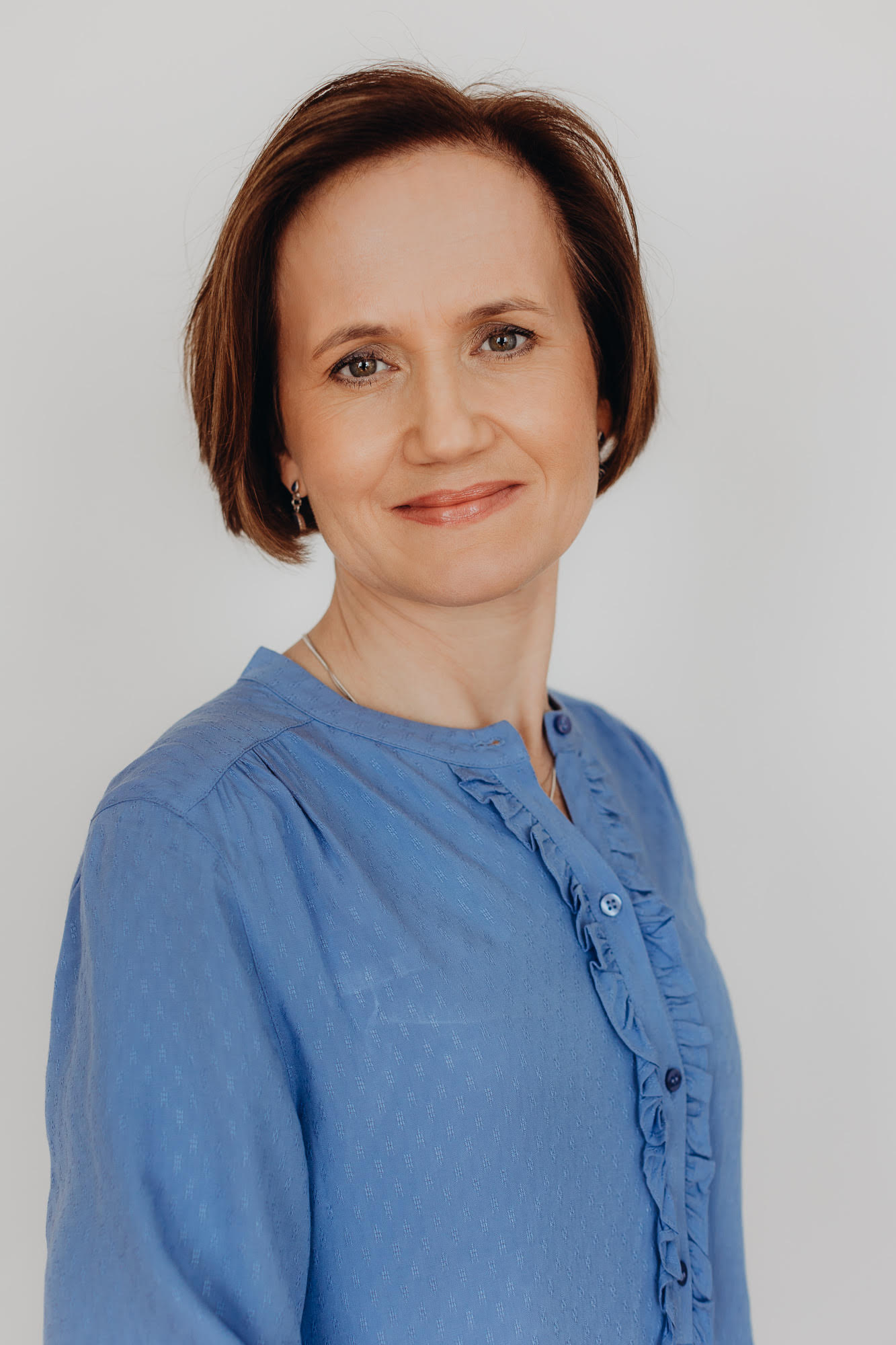
Medical University of Warsaw
I am honored to have been nominated for Councilor of the Executive Committee of the International Society for Research on Human Milk and Lactation and I am grateful for the Nominations Committee confidence in considering me for this position. I have been fascinated by human milk biochemistry for more than 15 years as a researcher at Warsaw Medical University. My personal difficult experiences with lactation led me to the field of human milk banking and support for breastfeeding mothers of premature babies and NGO activities. I believe that the area of milk banking and donor milk innovation, in which I have experience, can be one of the directions of ISRHML development. In addition, I would like to spread ISRHML activities to my colleagues in Europe and encourage them to become members. I take the opportunity to serve society as a Councilor very seriously, and if elected, I will work with devotion with ISRHML networking to improve our specialty globally. Thank you for your support !
Aleksandra Wesolowska, PhD in biotechnology, Associate Professor at the Medical University of Warsaw, Faculty of Health Sciences is a biochemist with a background focus on human milk composition and innovation in human milk banking. She organized and led the Laboratory on Human Milk and Lactation Research, at human milk bank in Holy Family Hospital in Warsaw, Poland.
She is co-founder and head of the board Polish Human Milk Bank Foundation, and she is best known for her work in restoring human milk banking in Poland and supporting the development of milk banks in other European countries, especially in Ukraine, and Georgia. Over 10 years she has served as a Member of the Board of the European Human Milk Bank Association, in 2021 has organized the 6th International EMBA Conference in Poland. The first time she attended the International Society for Research on Human Milk and Lactation conference in Trieste in 2012 and has not missed a meeting since. She has been a member of the ISRHML since 2021.
She has authored or co-authored more 70 scholarly articles and books on human milk composition and human milk banking, leading to an h-index of 14.
As an academic teacher and NGO leader, she has mentored a dozen of students and young colleagues.
She was given the honorary title of breastfeeding promoter in Poland. She has participated and organized many times in events, and workshops for parents, especially mothers of premature babies on World Breastfeeding Week and World Human Milk Donation Day organized in the country and international level.
Her awards include award of the Polish Minister of Science and Higher Education for outstanding scientific achievements impacting the development of the society, title Distinguished Professor Sigma Xi The Scientific Research Honour Society, New Jersey Medical School, Rutgers University, The Tadeusz Sendzimir Centennial Scholarship Award from Kosciuszko Foundation.
From September 2023 she was agreed by the Ministry of Health to a member of the National Bioethical Council in Poland serving as an expert in the field of clinical trials involving vulnerable populations.
Among her more than 10 grants a few international ones have been funded by the Polish National Agency of Academic Exchange, and one from the National Centre for Research and Development results from her work patented.
For the past year, Aleksandra has been coordinating a humanitarian project to properly feed children in an emergency, which was funded by UNICEF as part of the response to the refugee crisis in Poland.
Currently, Aleksandra Wesolowska research is focused on infant and child nutrition in emergency and pharmacovigilance in pregnancy and lactation.
